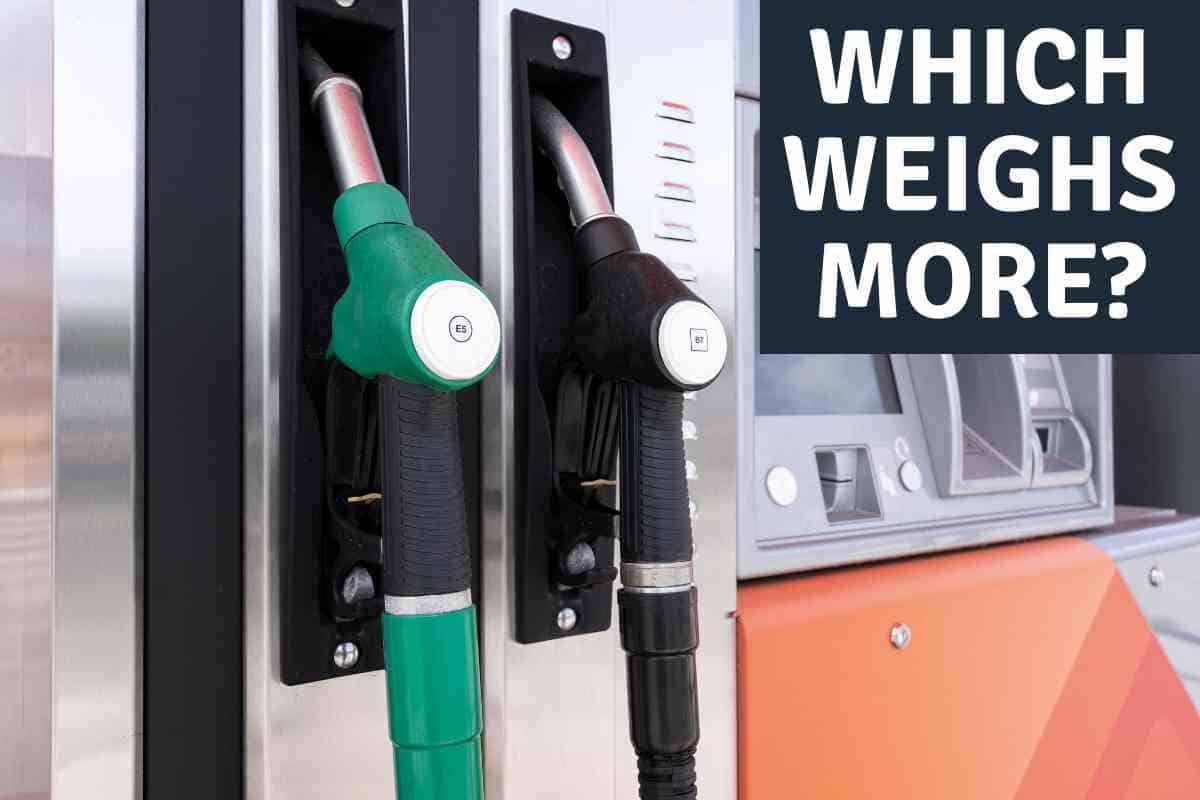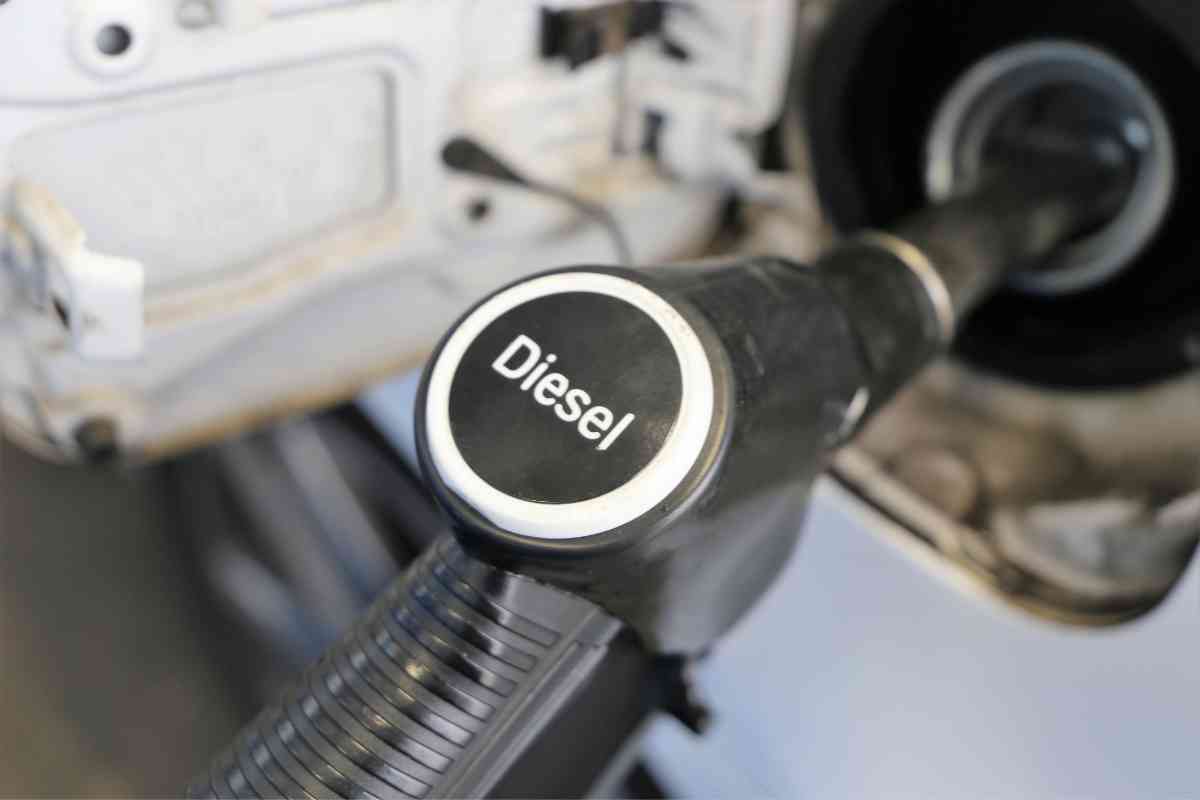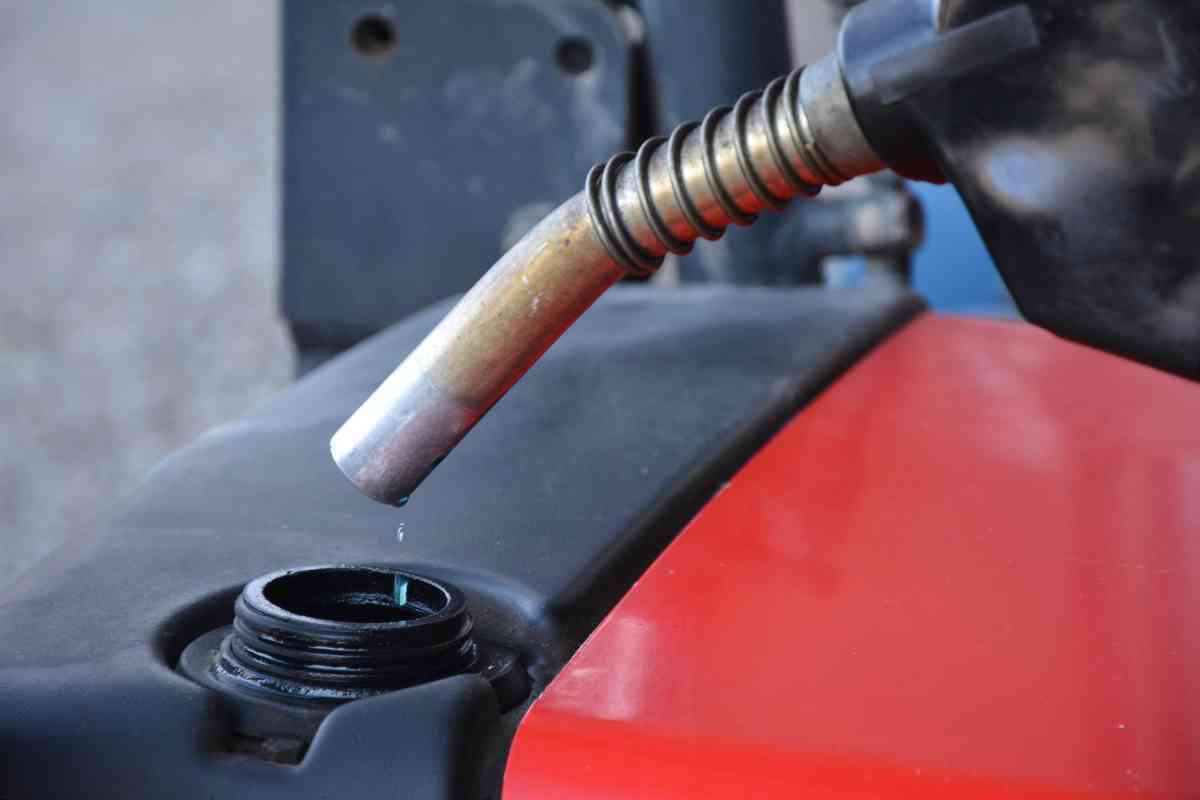Weight of Diesel vs Gasoline: Which Fuel is Heavier?
When choosing between diesel and gasoline as fuel for cars, one important consideration is the weight of the fuel. This article explores the weight comparison between diesel and gasoline, highlighting the factors that contribute to their differences. Additionally, it discusses the properties and differences of diesel and gasoline fuels, providing insights into their use in internal combustion engines. By understanding the weight and characteristics of these fuels, individuals can make informed decisions regarding their vehicle’s fuel choice.

Is diesel or gasoline heavier?
Diesel fuel is denser than gasoline, which means that it weighs more per unit of volume. This difference in weight has a number of implications for the performance and efficiency of vehicles that use these fuels.
One of the main reasons why diesel engines tend to be heavier than gasoline engines is that they require more robust components to withstand the higher compression ratios and temperatures involved in the combustion process.
This means that diesel engines are typically more durable and require less maintenance over their lifespan than spark-ignition engines.
Another factor to consider is the weight of the fuel itself. Diesel fuel is typically more expensive than gasoline, but it also contains more energy per unit of volume.
This means that diesel engines can achieve higher fuel efficiency than gasoline engines, which can offset the higher cost of the fuel over time. In addition, diesel fuel produces less particulate matter and other pollutants than gasoline, making it a cleaner-burning fuel overall.
Definition of Diesel and Gasoline
Diesel and gasoline are two types of fuels used in internal combustion engines. Diesel is a type of fuel derived from crude oil that is commonly used in heavy-duty vehicles such as trucks, buses, and trains. Gasoline, also known as petrol, is a type of fuel derived from crude oil that is commonly used in cars, motorcycles, and small engines.
The main difference between diesel and gasoline is their ignition process. Diesel engines use compression ignition, which means the fuel ignites due to the heat generated by compressing the air in the combustion chamber. Gasoline engines use spark ignition, which means the fuel ignites due to a spark generated by the spark plug.
Another difference between diesel and gasoline is their octane rating. Octane rating is a measure of a fuel’s ability to resist knocking or detonation. Diesel has a low octane rating, typically around 15-25, while gasoline has a higher octane rating, typically around 87-93.
It’s also worth noting that gasoline can contain other hydrocarbons such as butane and propane, which can affect its performance and emissions. However, diesel typically contains fewer impurities than gasoline, which can make it more efficient and cleaner-burning.
Overall, diesel and gasoline have different properties and are used in different types of engines. While both fuels have their advantages and disadvantages, it’s important to choose the right fuel for your vehicle to ensure optimal performance and efficiency.

Weight of Diesel vs Gasoline
Weight of Diesel Fuel
Diesel fuel is known for its higher density compared to gasoline, which results in a higher energy content per unit volume. However, this higher density also means that diesel fuel is heavier than gasoline.
The weight of diesel fuel varies depending on its density, which can range from 0.82 to 0.95 grams per milliliter (g/mL). This translates to a weight of approximately 6.8 to 7.9 pounds per gallon (lbs/gal) of diesel fuel.
Weight of Gasoline
Gasoline, on the other hand, has a lower density than diesel fuel, which means it is lighter. The density of gasoline ranges from 0.71 to 0.78 g/mL, resulting in a weight of approximately 5.9 to 6.5 lbs/gal of gasoline.
When comparing the weight of diesel fuel and gasoline, it is important to note that diesel fuel has a higher energy content per unit volume, which means that less diesel fuel is required to produce the same amount of energy as gasoline. However, the higher weight of diesel fuel can result in lower fuel efficiency and increased vehicle weight, which can impact performance and handling.
| Fuel Type | Density (g/mL) | Weight (lbs/gal) |
|---|---|---|
| Diesel | 0.82 – 0.95 | 6.8 – 7.9 |
| Gasoline | 0.71 – 0.78 | 5.9 – 6.5 |

Performance Comparison
When deciding between diesel and gasoline, performance is a key factor to consider. This section will compare the performance of diesel and gasoline in terms of power and efficiency, maintenance and cost, environmental impact, and other considerations.
Power and Efficiency
Diesel engines are known for their high torque and towing capacity, making them a popular choice for trucks and other heavy-duty vehicles. Diesel is also better for offroading.
They are also more fuel-efficient than gasoline engines, meaning they can go further on a single tank of fuel. Compression ignition, a key feature of diesel engines, allows for higher compression ratios, resulting in more power and efficiency.
Gasoline engines, on the other hand, are known for their smoother and quieter operation. Spark-ignition engines, which are used in gasoline vehicles, have a lower compression ratio and require a higher octane fuel to prevent knocking. While gasoline engines may not have the same towing capacity as diesel engines, they are often more responsive and provide a smoother driving experience.
Maintenance and Cost
When it comes to maintenance and cost, diesel engines typically require more maintenance than gasoline engines. This is due in part to the fact that diesel engines have more complex emissions systems, such as diesel particulate filters (DPF), diesel exhaust fluid (DEF), and selective catalytic reduction (SCR) in diesel engines. These systems require regular maintenance and can be costly to repair or replace.
Gasoline engines, on the other hand, have a simpler emissions system and require less maintenance overall. They also tend to be less expensive to repair or replace than diesel engines.
That said, diesel trucks typically cost more due to their complex operating systems.

Environmental Impact
Diesel engines are known for their high particulate matter and nitrogen oxide emissions, which can contribute to air pollution and have negative health effects. However, newer diesel engines are required to meet stricter emissions standards, such as the EN 590 diesel standard, which has helped to reduce emissions.
Gasoline engines, while generally cleaner than diesel engines, still contribute to air pollution. They emit lower levels of particulate matter and nitrogen oxides, but can emit higher levels of volatile organic compounds (VOCs) and carbon monoxide (CO).
Other Considerations
Other factors to consider when choosing between diesel and gasoline include fuel economy, temperature, and availability. Diesel engines tend to have better fuel economy than gasoline engines, particularly at highway speeds. However, diesel fuel can gel in cold temperatures, making it less practical in colder climates. Gasoline, on the other hand, can be used in a wider range of temperatures.
Finally, it’s worth noting that some vehicles, such as the Ford 6.2 and 6.7 engines, are only available in diesel. Additionally, alternative fuels such as biodiesel and kerosene can be used in diesel engines, providing additional flexibility and reducing dependence on crude oil and petroleum.
Gas vs. Diesel Comparison Chart
| Characteristic | Diesel | Gasoline |
|---|---|---|
| Density (g/mL) | 0.82 – 0.95 | 0.71 – 0.78 |
| Weight (lbs/gal) | 6.8 – 7.9 | 5.9 – 6.5 |
| Ignition Process | Compression Ignition | Spark Ignition |
| Octane Rating | Low (15-25) | Higher (87-93) |
| Torque and Towing Capacity | High | Lower |
| Fuel Efficiency | More fuel-efficient | Lower fuel efficiency |
| Maintenance and Cost | More maintenance and cost | Less maintenance and cost |
| Emissions | Higher particulate matter and | Lower particulate matter and |
| nitrogen oxide emissions | nitrogen oxide emissions | |
| Availability | Widely available | Widely available |
| Temperature | Can gel in cold temperatures | Suitable for wider temperature ranges |
| Other Considerations | Alternative fuels (biodiesel, kerosene) can be used | More responsive and smoother driving experience |
Please note that the values provided for density and weight are general ranges and may vary depending on specific formulations and standards in different regions.
Conclusion
In conclusion, the weight of diesel and gasoline fuels plays a significant role in determining their performance, efficiency, and overall suitability for different types of vehicles. Diesel fuel, being denser and heavier, requires robust engine components, making diesel engines generally more durable and requiring less maintenance.
Despite its higher cost, diesel fuel offers higher fuel efficiency and lower emissions, making it a cleaner-burning option. Gasoline, on the other hand, is lighter but requires higher octane ratings for spark ignition engines.
It provides a smoother driving experience and is often preferred for smaller vehicles. By considering factors such as power, efficiency, maintenance, cost, environmental impact, and other considerations, individuals can make informed decisions about whether diesel or gasoline is the right fuel choice for their specific needs. Ultimately, understanding the weight and properties of these fuels empowers individuals to optimize their vehicle’s performance and fuel economy while considering environmental impacts and overall cost-effectiveness.
